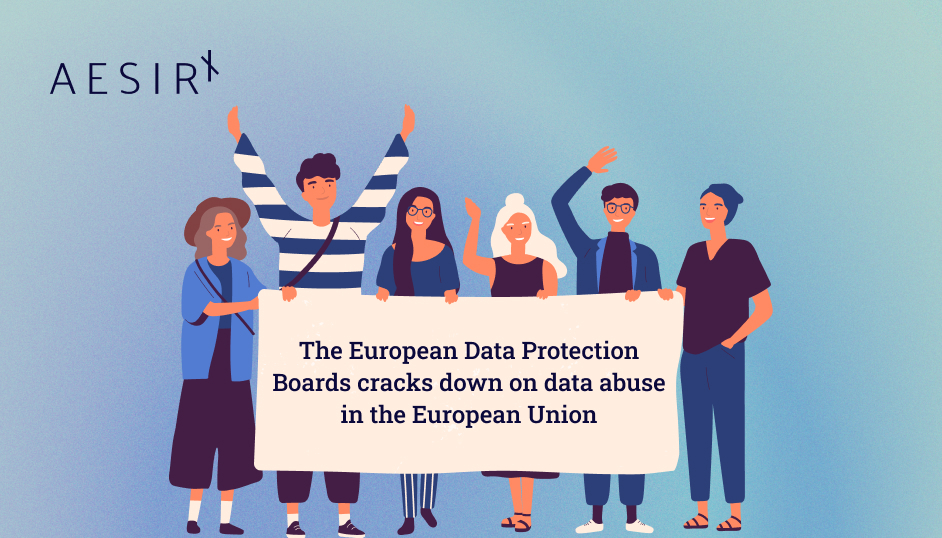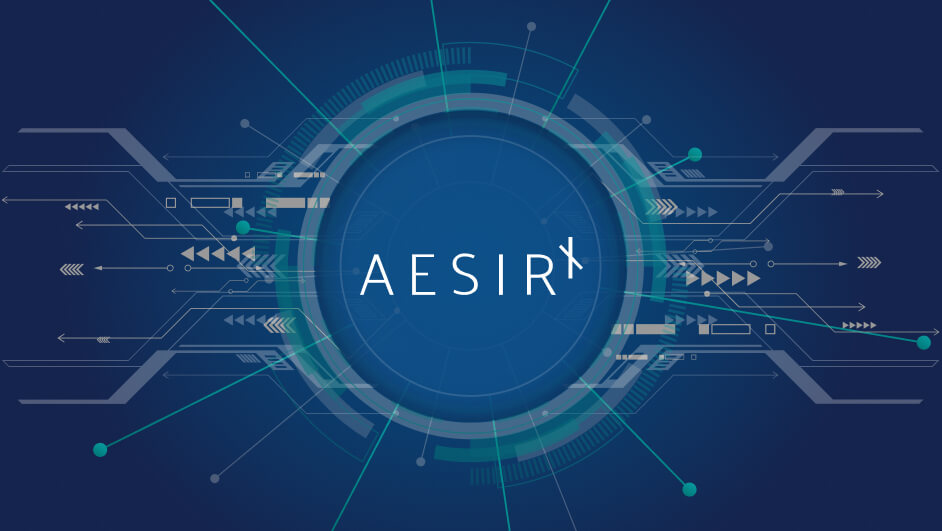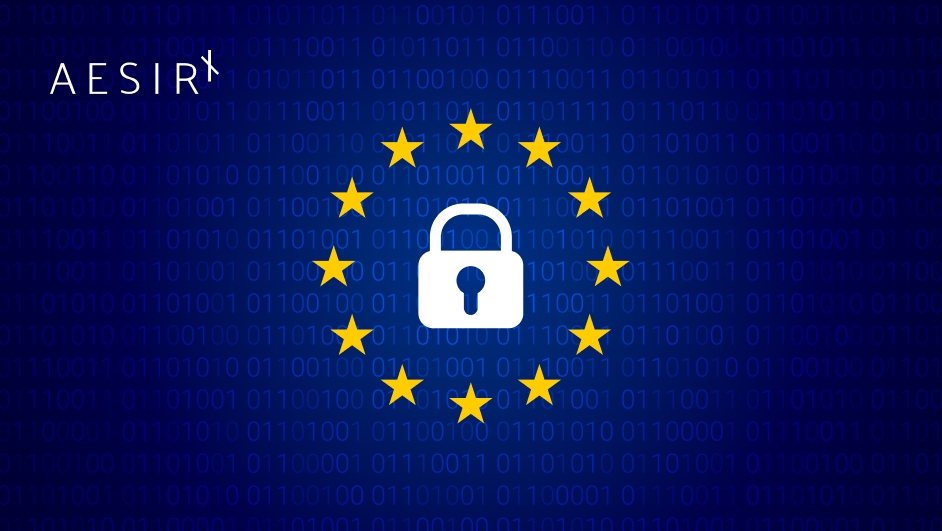Facebook has recently been fined 390 million Euros after the European Data Protection Board (EDPB) deemed that its targeted advertisement activities were in violation of the EU’s GDPR [1]. As GDPR was implemented in 2018, it required businesses like Facebook to get users’ explicit consent to give their data to 3rd-parties [2].
However, a complaint was raised in 2018 by the privacy-advocacy organization, NOYB, as Facebook simply tried to bypass the opt-in by placing it in the terms and conditions, forcing users to agree to Facebook selling their data. But as EDPB declared, the practice was unlawful and in direct violation of GDPR.
 The European Union and privacy activist organizations are increasingly taking big IT companies to court over concerns of data abuse and non-compliant data handling
The European Union and privacy activist organizations are increasingly taking big IT companies to court over concerns of data abuse and non-compliant data handling
Similarly, the popular TikTok app has been under increasing scrutiny for how they handle their users’ data. The app has quickly seen its user numbers skyrocket due to its algorithm that ensures a smooth entertainment experience. However, TikTok is also aggressively harvesting data just like Facebook and similar concerns have been raised as TikTok is currently under investigation by the Irish Data Protection Authority (DPA) for its data handling [3].
The EU is more aware of consumer protection and ensuring ethical data handling. The clear ruling on Facebook and TikTok’s ongoing investigation are changing the marketing industry. Furthermore, the new Digital Service Act (DSA) will go into effect in 2024.
DSA restricts target advertisement based on certain personal data and forces companies to show publicly their algorithms [4].The availability of third-party data for marketers is decreasing in the EU as a result of GDPR measures to protect internet users. It makes marketing less targeted, less efficient, and more costly.
The opinion in the EU has increasingly become aware of the potential for abuse by big tech companies and data collection. With GDPR’s passing in 2018 and now the Digital Service Act and the Digital Market Act, Europeans have shown they will continue to fight unethical businesses practices and that they will not allow for BigTech to use creative loopholes.
Europe may be leading in this awakening but it is taking place in other parts of the world as well. The International Standard Organization is planning to adopt a new international standard of Privacy by Design on how to design future IT solutions and structures [5].
 Non-compliant data handling can expose people to not only targeted advertisements by 3rd-parties but also to misinformation campaigns with malicious aims. Better protection is needed
Non-compliant data handling can expose people to not only targeted advertisements by 3rd-parties but also to misinformation campaigns with malicious aims. Better protection is needed
The existing business model for tech companies needs to evolve into a more consumer-centric model. Data abuse can have real-life consequences as seen with misinformation in the US presidential election and Brexit vote [6, 7]. The next necessary step is a decentralized data collection method which is designed with the core principle that consumers must have full control of when and how to share their data. By placing this principle at heart, new business models can naturally evolve alongside changing data regulation and avoid similar fines as seen with Facebook.
AesirX - Tomorrow’s Solution Today
As the market demands new solutions to comply with stricter data regulations, companies are trying to come up with new ways of offering the same service in a compliant format.
AesirX WEB3, AesirX SSO, & AesirX Analytics in harmony
However, AesirX has already built a new solution for the changing market, launching AesirX Shield of Privacy that ensures users can remain anonymous while still providing businesses the necessary data, all through a more secure structure that protects against data leaks and abuse. Users make use of a decentralized consensus mechanism to verify themselves and ensures that they at all times retain full control of their data.
Read more:
 AesirX provides an ecosystem of solutions that provides businesses with a compliant alternative and internet users a safe and private experience
AesirX provides an ecosystem of solutions that provides businesses with a compliant alternative and internet users a safe and private experience
The new framework is based on using Concordium’s blockchain crypto wallet as the foundation for a model that provides two IDs, one through AesirX SSO as your passport through your user journey through the World Wide Web and one for AesirX Analytics that allows digital marketers to collect your anonymized 1st-party data after you have given your explicit consent. As the Web3 ID layer is interoperable and can be used across applications and services, it provides a complete picture for targeting advertisements.
The new Web3 solution is built with transition in mind to ensure that existing businesses still relying on Web2 Sign On-services, i.e., cookies, will be operable in AesirX framework through a replacement. The goal of AesirX is to provide a smooth transition and move businesses towards more ethical and compliant data handling without hurting their operations.
AesirX is already live and ready for you to join tomorrow’s solution today. Learn more about AesirX and how you can join the transition to Web3
References
[1] https://mediawatch.dk/article14692643.ece
[2] https://noyb.eu/en/noyb-win-personalized-ads-facebook-instagram-and-whatsapp-declared-illegal
[3] https://www.cbsnews.com/news/tiktok-vs-europe-could-eu-data-privacy-law-slay-the-data-dragon/
[4] https://commission.europa.eu/strategy-and-policy/priorities-2019-2024/europe-fit-digital-age/digital-services-act-ensuring-safe-and-accountable-online-environment_en
[5] https://www.itworldcanada.com/article/privacy-by-design-to-become-an-iso-standard-next-month/521415
[6] https://www.bbc.com/news/technology-46590890
[7] https://www.bbc.com/news/blogs-trending-48356351




